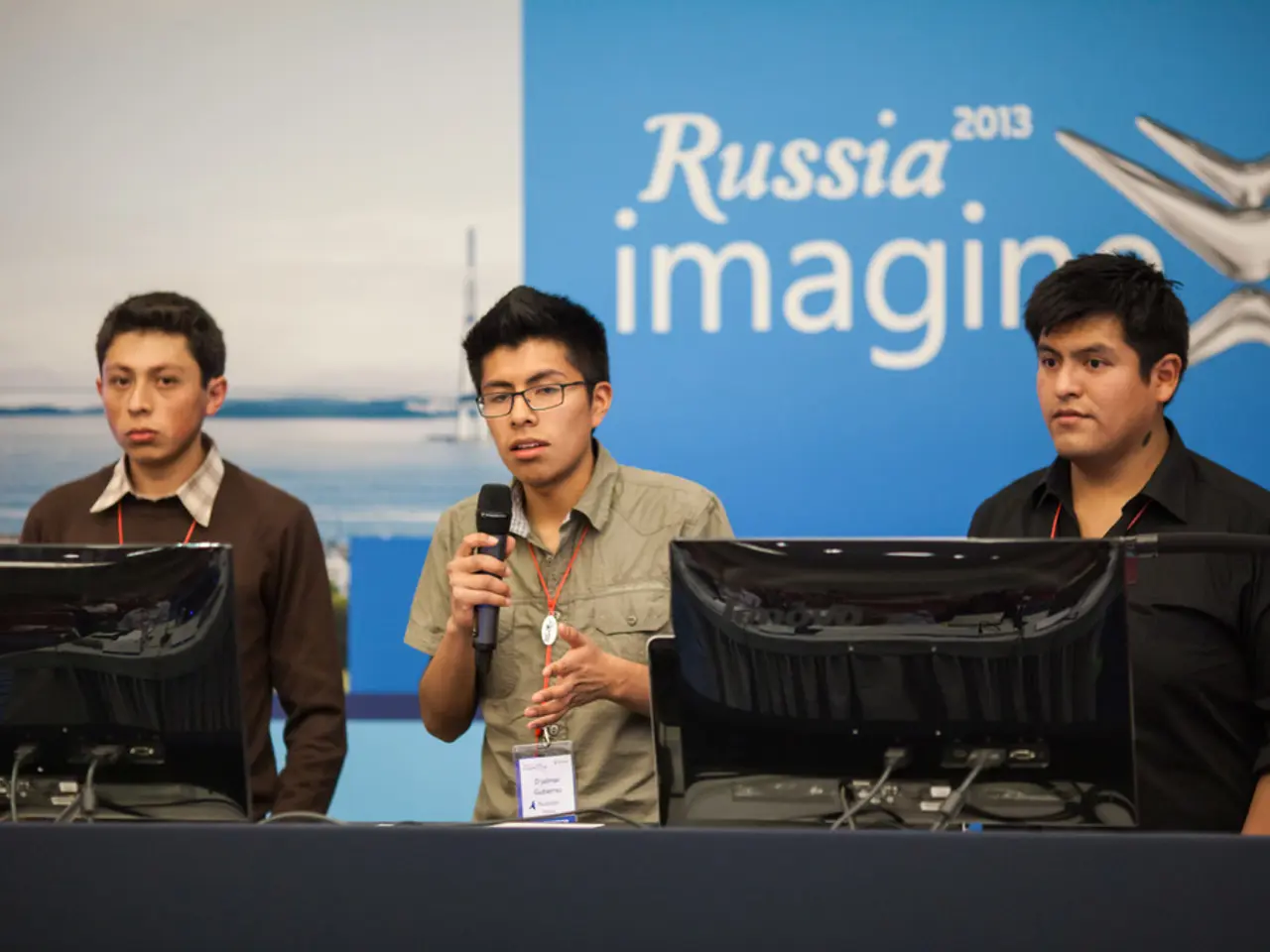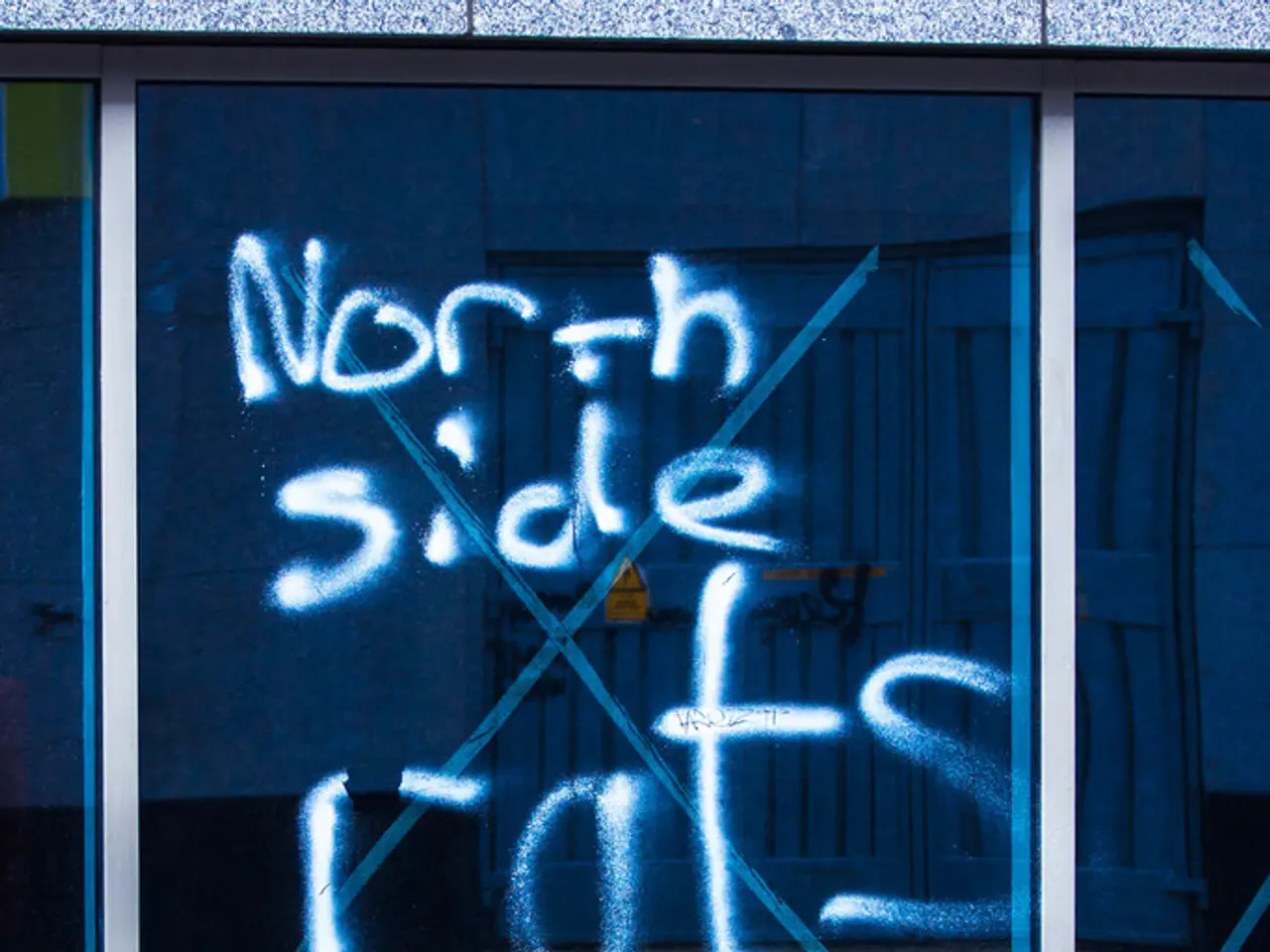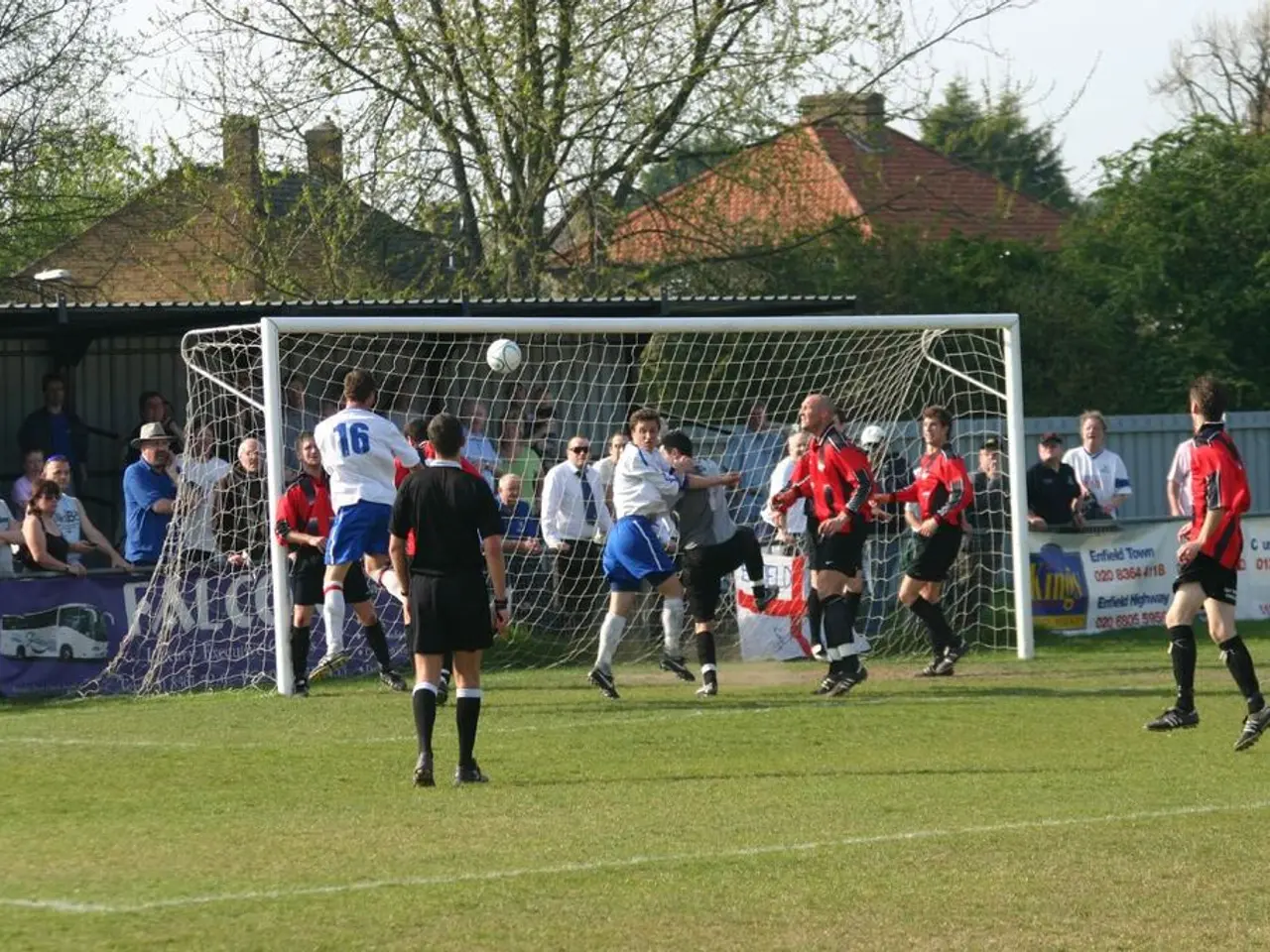Internet privileges revoked for Far-East individual due to alleged extremist remarks online
Russian Resident Convicted for Extremist Online Activity Supporting Ukraine
A 66-year-old man named Alexander Antonov, holding US, Russian, and Ukrainian citizenship, has been convicted and sentenced for public calls related to extremist activity due to his social media comments supporting Ukraine.
The investigation, conducted by the Federal Security Service (FSB) of Russia's Eastern Military District, revealed that Antonov was disseminating materials on the internet that contained calls for extremist activities against Russian Federation Armed Forces personnel. These materials also supported Ukraine.
The crime occurred while Antonov was residing in the Magadan region. He was detained in March 2025 while trying to cross from Russia into Estonia after Russian security services found the phrase "Glory to Ukraine" on his phone.
Antonov was charged for making public calls “for terrorist and extremist activity” based on his posts on Telegram channels Ukraine 365 and Ukrainian Dialogue, where he expressed support for Ukrainian military forces and nationalist groups like Azov.
Antonov pleaded guilty but asked for leniency, explaining he was not an enemy of Russia and attributed his statements to unconscious mistakes.
The sentence was handed down for the crime under Part 2 of Article 280 of the Russian Criminal Code, "Public calls for extremist activity". The verdict was announced by the FSB press service in the Republic of Sakha (Yakutia) and enforced on July 2, 2025.
In addition to the two-year imprisonment, suspended, Antonov was prohibited from administering websites and channels on the internet.
This sentencing reflects the broader context of Russia’s repression of pro-Ukrainian expression and the use of anti-extremism laws to silence dissent amid ongoing conflict. Antonov’s case highlights the increasing legal risks for Russian citizens publicly supporting Ukraine since the 2022 full-scale invasion, under laws that criminalize any perceived endorsement of Ukrainian forces or nationalist elements as extremism within Russia.
Antonov's personal background includes time living in Crimea, studies in Ukraine, and work in the US, showing the complex national ties involved.
In light of the sentencing of Alexander Antonov, a Russian resident with complex national ties, for public calls related to extremist activity, it is apparent that general-news and crime-and-justice coverage should include the repeat of Russia’s repression of pro-Ukrainian expression, as seen in this case. The verdict, handed down under Part 2 of Article 280 of the Russian Criminal Code, "Public calls for extremist activity," also sheds light on the broader context of the use of anti-extremism laws to silence dissent in politics, specifically concerning Ukraine.







